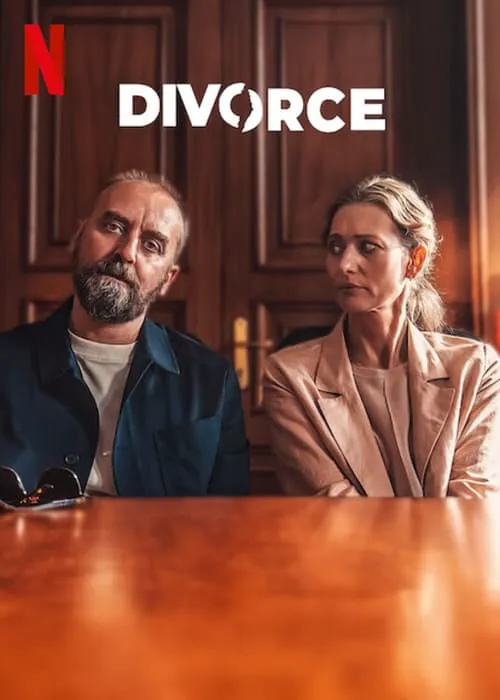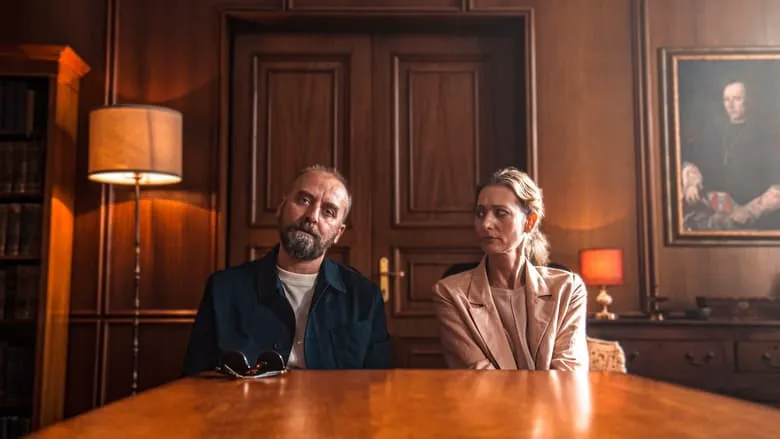Divorce

Plot
The 2003 film "Divorce" is a poignant drama directed by Joe Swanberg that showcases a relatable and thought-provoking exploration of relationships, love, and the complexities of human emotions. The story unfolds as Noho, played by Tom Jackson Greer, reunites with his estranged wife, Sarah, portrayed by Nadia Dajani, two decades after they divorced. Their marriage was short-lived and chaotic, marked by disagreements and an inability to navigate the challenges of committed relationships. As they embark on a journey to annul their marriage, they must confront the past, confronting the reasons that led them to break apart in the first place. The film delves into the nuances of their relationship, revealing the intricacies and complexities that defined their union. Sarah and Noho's interactions are initially stilted, a reflection of the distance and hurt that time has accumulated. However, as they spend more time together, the tension slowly dissipates, replaced by a candid exploration of their emotions and experiences. The film's director, Joe Swanberg, employs a subtle yet effective narrative voice, allowing the characters to express themselves naturally and authentically. Throughout the film, Noho and Sarah's conversations are interwoven with moments of levity, nostalgia, and regret. They reminisce about their past, revisiting memories that had been lost in the mists of time. Their interactions are characterized by a deep-seated longing, a yearning for connection and understanding that transcends the complexities of their relationship. As their journey progresses, Noho and Sarah start to confront the reasons behind their divorce. They delve into the reasons why their relationship faltered, acknowledging the flaws and shortcomings that contributed to its downfall. This introspection serves as a catalyst for growth, allowing them to heal and move forward, not in the sense of erasing the past, but in understanding it. The film also explores the emotional aftermath of their divorce, the aftermath that they had both been living with for two decades. Noho's decision to pursue an annulment is motivated by the need for closure, while Sarah's resistance stems from a sense of security and predictability that marriage had brought into her life. The supporting cast adds a rich layer to the narrative, introducing a cast of characters that mirror the complexities of modern relationships. Their interactions are natural, revealing the multifaceted aspects of love and connection. The character of Rachel, played by Emily Dechillo, a close friend of Sarah's, offers a candid and empathetic perspective on the challenges of marriage and relationships. The film's climax revolves around a poignant confrontation between Sarah and Noho, where they finally open up and share their true emotions. This raw and honest exchange marks a significant turning point in their journey, as they acknowledge the complexities of their relationship and the reasons that led them to drift apart. "Divorce" is a thought-provoking exploration of love, relationships, and the complexities of the human experience. Through its nuanced portrayal of Sarah and Noho, the film offers a poignant reminder that even the most tumultuous relationships hold the potential for growth and healing.
Reviews
Recommendations





